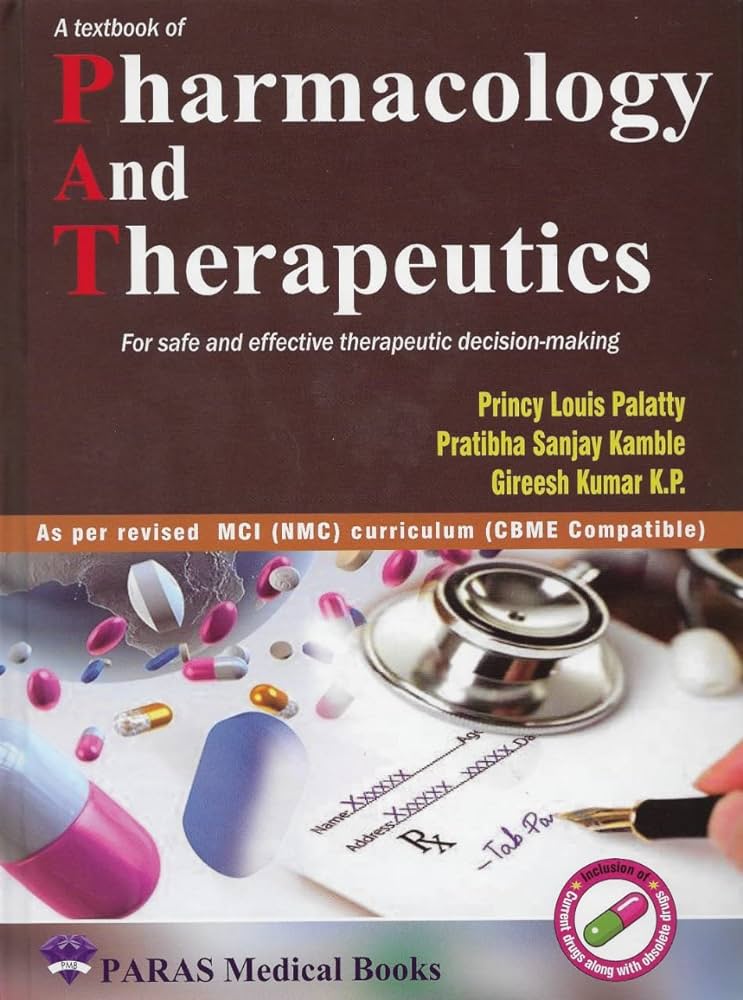钠-葡萄糖共转运蛋白2 (SGLT2)抑制剂在心力衰竭之外的心血管治疗靶点
IF 12.5
1区 医学
Q1 PHARMACOLOGY & PHARMACY
引用次数: 0
摘要
钠-葡萄糖共转运蛋白2 (SGLT2)抑制剂是一种口服降糖药,在心力衰竭(HF)患者中显示出心血管和肾脏结局的显著改善,无论糖尿病状态如何,使其成为基础治疗。除了血糖控制和渗透利尿作用外,抑制SGLT2还能改善内皮功能和血管舒张,优化心肌能量代谢,保持心脏收缩力。此外,SGLT2抑制剂可能具有抗炎特性,减轻急性心肌缺血/再灌注损伤,从而减小心肌梗死面积,增强左心室功能,减轻心律失常。这些多效性作用已被证明对各种心血管疾病有效,从急性到慢性冠状动脉综合征,并扩展到心律失常、瓣膜性心脏病、心肌病、心脏肿瘤和脑血管疾病。本文综述了目前关于SGLT2抑制剂治疗心衰以外多种心血管疾病的潜在机制的文献。本文章由计算机程序翻译,如有差异,请以英文原文为准。
Cardiovascular therapeutic targets of sodium-glucose co-transporter 2 (SGLT2) inhibitors beyond heart failure
Sodium-glucose co-transporter 2 (SGLT2) inhibitors are oral antidiabetic agents that have shown significant improvements in cardiovascular and renal outcomes among patients with heart failure (HF), regardless of diabetic status, establishing them as a cornerstone therapy.
In addition to glycemic control and the osmotic diuretic effect, the inhibition of SGLT2 improves endothelial function and vasodilation, optimizing myocardial energy metabolism and preserving cardiac contractility. Moreover, SGLT2 inhibitors may exhibit anti-inflammatory properties and attenuate acute myocardial ischemia/reperfusion injury, thereby reducing cardiac infarct size, enhancing left ventricular function, and mitigating arrhythmias. These pleiotropic effects have demonstrated efficacy across various cardiovascular conditions, ranging from acute to chronic coronary syndromes and extending to arrhythmias, valvular heart disease, cardiomyopathies, cardio-oncology, and cerebrovascular disease.
This review provides an overview of the current literature on the potential mechanisms underlying the effectiveness of SGLT2 inhibitors across a wide range of cardiovascular diseases beyond HF.
求助全文
通过发布文献求助,成功后即可免费获取论文全文。
去求助
来源期刊
CiteScore
23.00
自引率
0.70%
发文量
222
审稿时长
90 days
期刊介绍:
Pharmacology & Therapeutics, in its 20th year, delivers lucid, critical, and authoritative reviews on current pharmacological topics.Articles, commissioned by the editor, follow specific author instructions.This journal maintains its scientific excellence and ranks among the top 10 most cited journals in pharmacology.

 求助内容:
求助内容: 应助结果提醒方式:
应助结果提醒方式:


